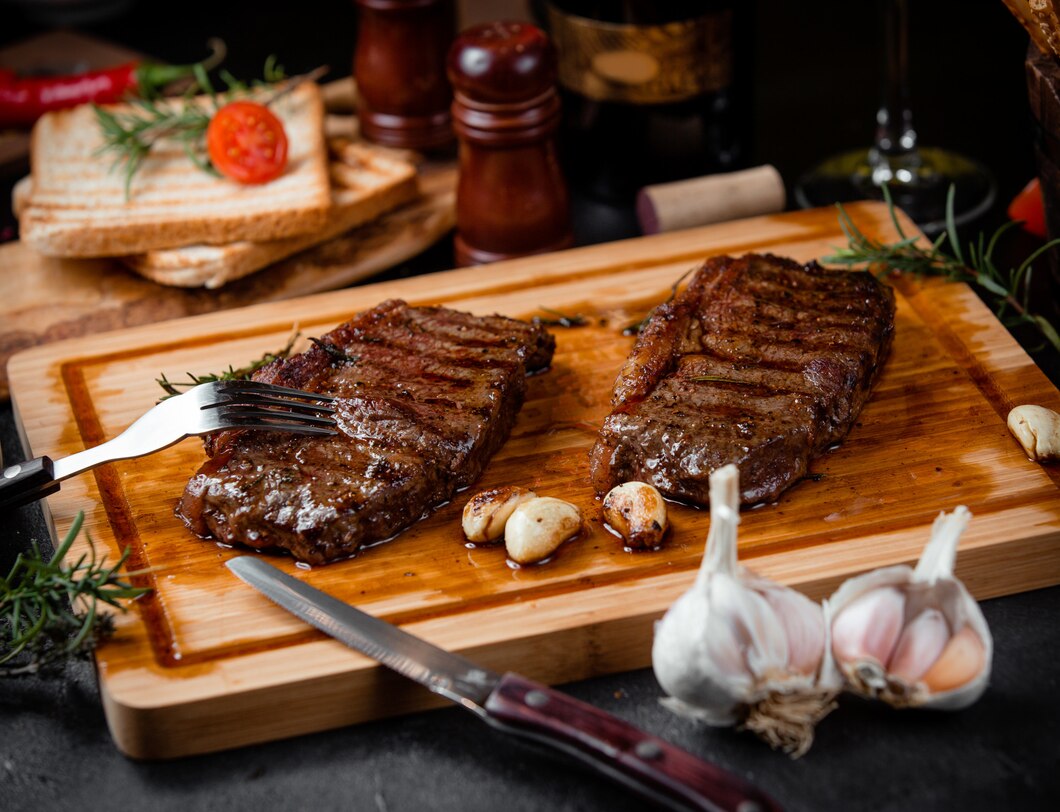Gout is a form of arthritis characterized by sudden, severe attacks of pain, redness, and tenderness in joints. It occurs when there is an excess of uric acid in the blood, which can form crystals in the joints. Diet plays a significant role in managing gout, and certain foods can exacerbate the condition. Here are 20 foods South Africans should avoid if they have gout.
1. Red Meat
Red meats like beef, lamb, and pork are high in purines, which can increase uric acid levels and trigger gout attacks.
2. Organ Meats
Liver, kidneys, and other organ meats are extremely high in purines and should be avoided by those with gout.
3. Shellfish
Shellfish such as shrimp, crab, and lobster contain high levels of purines, making them risky for gout sufferers.
4. Sardines and Anchovies
These small, oily fish are rich in purines and can significantly raise uric acid levels.
5. Mackerel and Herring
Similar to sardines, mackerel and herring are high-purine fish that can exacerbate gout symptoms.
6. Alcoholic Beverages
Beer and spirits can increase uric acid production and inhibit its excretion, making gout attacks more likely.
7. Sugary Beverages
Soft drinks and other sugary beverages, especially those sweetened with high fructose corn syrup, can raise uric acid levels.
8. Fruit Juices
While fruit is generally healthy, fruit juices can be high in fructose, which can trigger gout flares.
9. Sweetened Snacks
Candies, cookies, and other sweet treats with high sugar content can increase uric acid levels and should be limited.
10. Processed Foods
Highly processed foods often contain additives and high levels of sugar or salt, which can contribute to gout symptoms.
11. Yeast Extracts
Foods containing yeast extracts, like certain types of bread and spreads, are high in purines and should be avoided.
12. Asparagus
This vegetable, along with others like spinach and cauliflower, has moderate purine content and may need to be limited in a gout-friendly diet.
13. Mushrooms
Mushrooms are another food with moderate purine levels that could potentially trigger gout in sensitive individuals.
14. Legumes
While generally healthy, legumes such as lentils, peas, and beans are moderately high in purines and should be consumed in moderation.
15. High-Fat Dairy Products
Full-fat dairy products like cheese, cream, and butter can increase uric acid levels and should be limited.
16. Sauces and Gravies
Rich sauces and gravies, especially those made from meat extracts or stocks, are high in purines and can trigger gout attacks.
17. Deli Meats
Processed meats such as sausages, hot dogs, and deli cuts often contain high levels of purines and additives that can worsen gout.
18. Canned Fish
Canned fish like tuna and salmon are convenient but often have high purine content, making them unsuitable for gout sufferers.
19. Bakery Products
Pastries, cakes, and other baked goods are often high in sugar and fat, both of which can contribute to gout flares.
20. Certain Oils
Trans fats and certain vegetable oils, such as corn oil, can promote inflammation and should be limited in a gout-friendly diet.
Managing Gout with a South African Diet
Managing gout effectively involves making smart dietary choices to avoid foods that can trigger attacks. Here are some tips for maintaining a gout-friendly diet in South Africa:
- Choose Low-Purine Proteins: Opt for lean meats like chicken or turkey, and plant-based proteins such as tofu and legumes in moderation.
- Hydrate Well: Drink plenty of water to help flush uric acid from your system.
- Enjoy Low-Fat Dairy: Low-fat milk, yogurt, and cheese can be good protein sources that may help lower uric acid levels.
- Eat Plenty of Vegetables: Most vegetables are low in purines and high in nutrients, making them excellent choices for a gout-friendly diet.
- Limit Alcohol and Sugary Drinks: Stick to water, herbal teas, and other non-sweetened beverages.
By avoiding high-purine foods and making healthier dietary choices, South Africans with gout can better manage their condition and reduce the frequency and severity of gout attacks.








